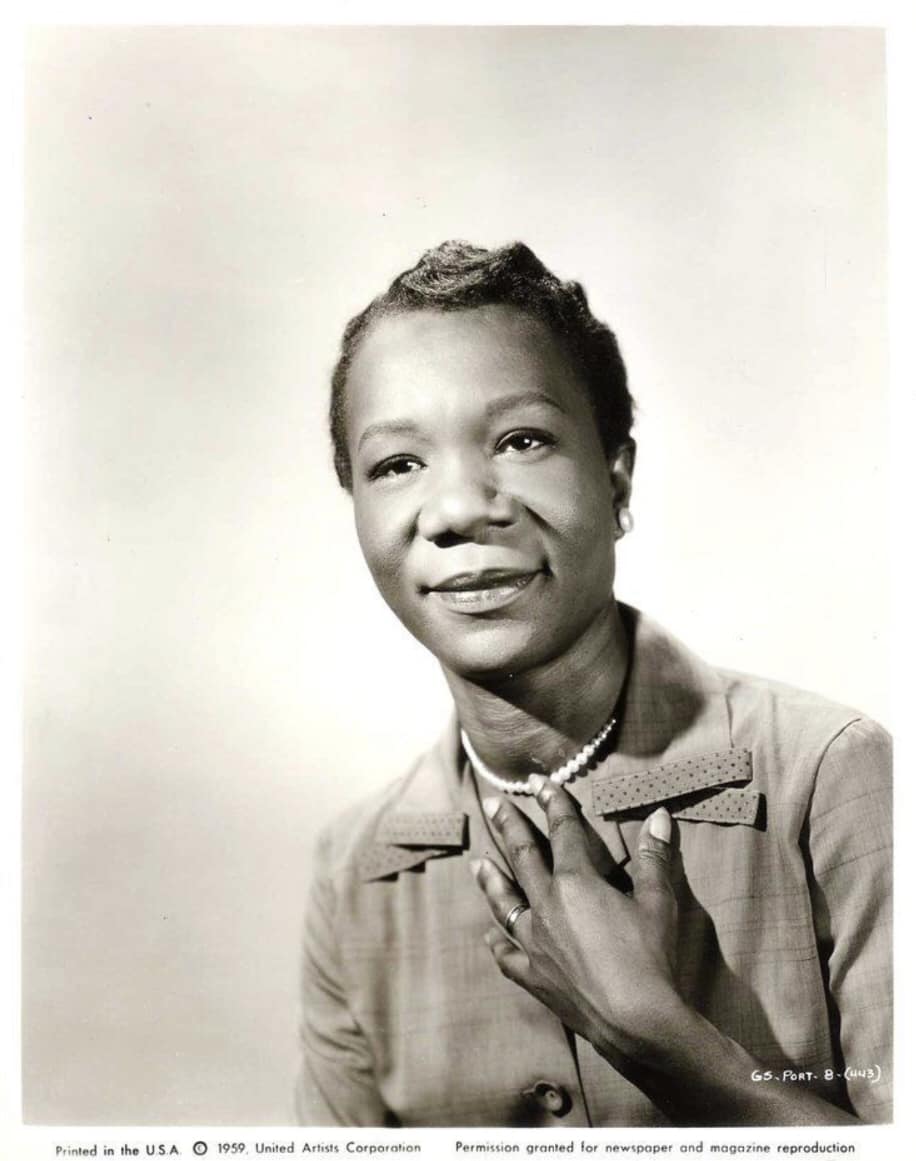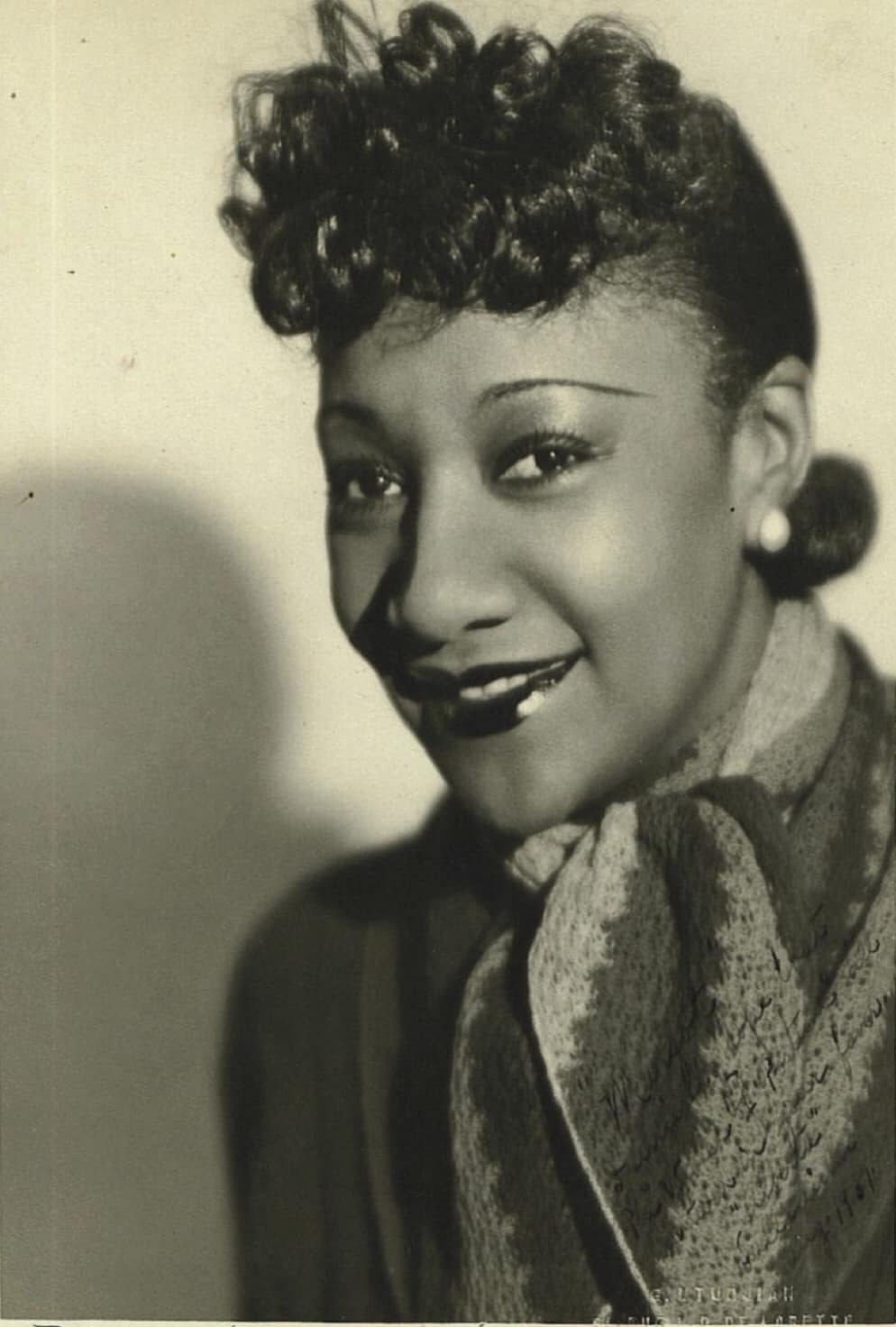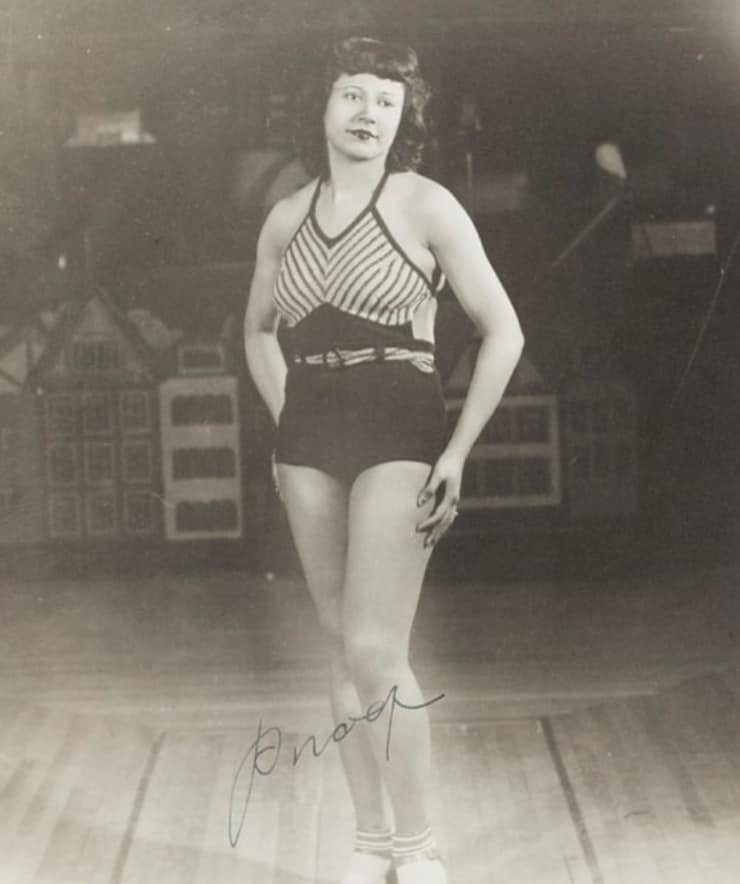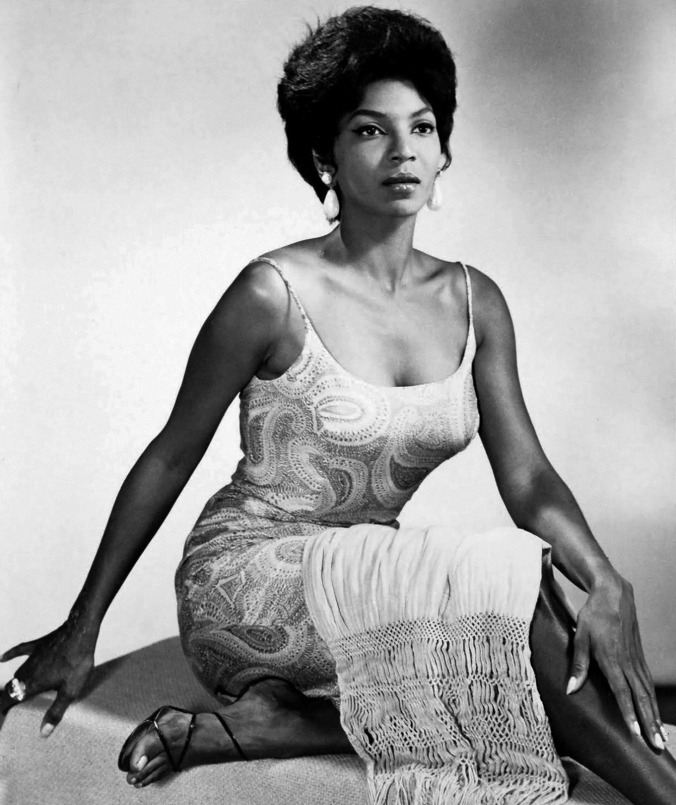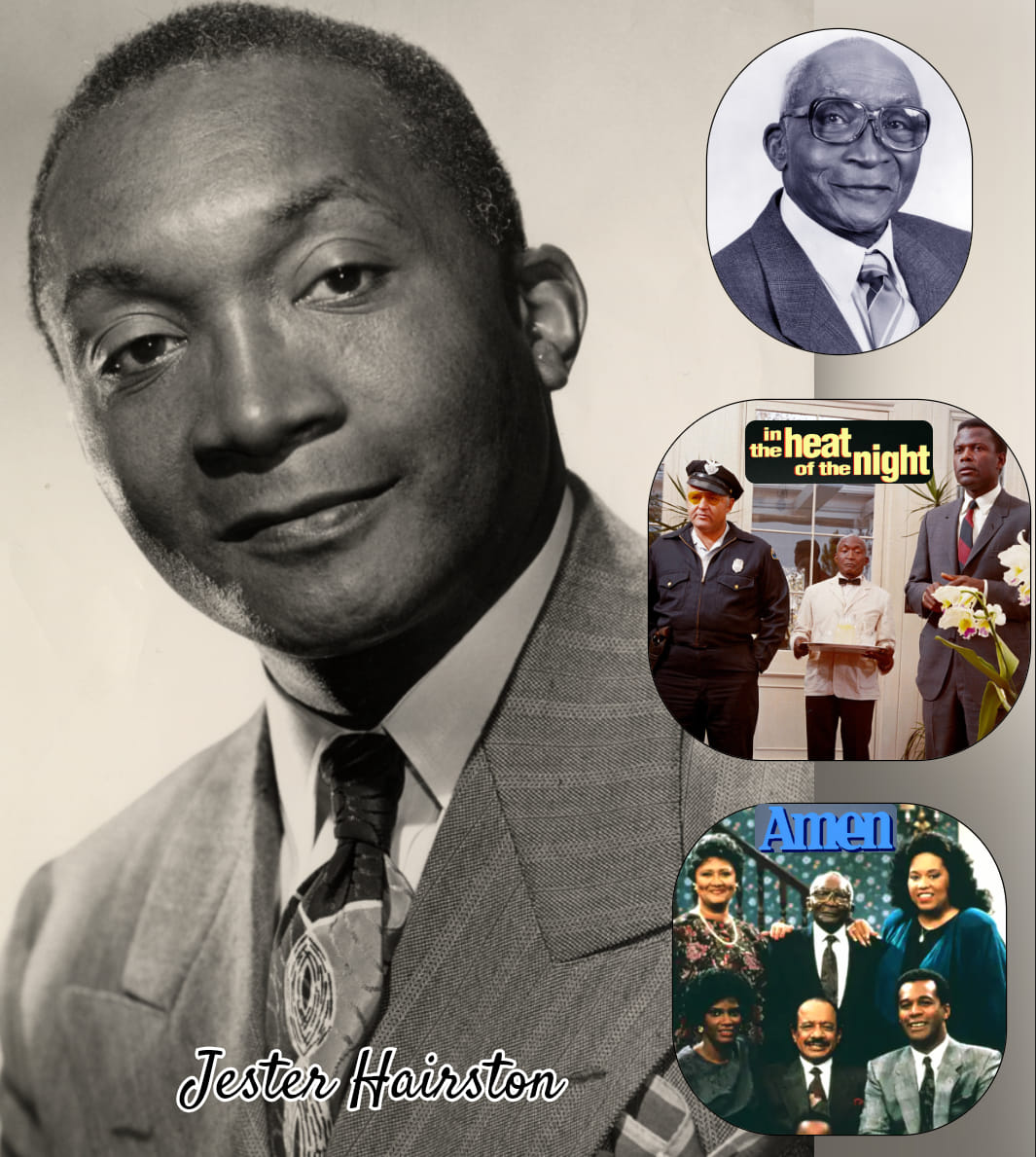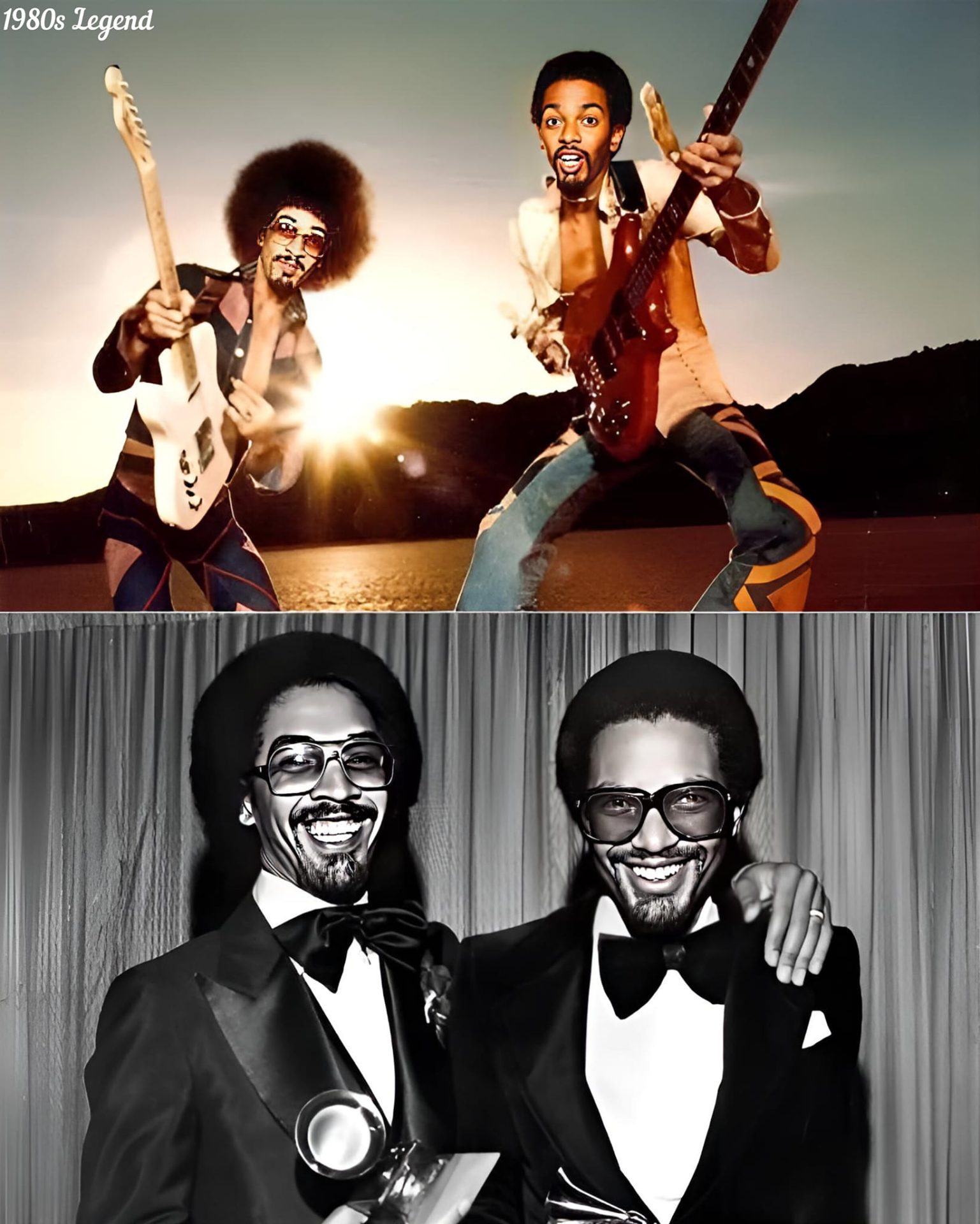
Baltimore Business Journal (BBJ) publisher and market president Rhonda Pringle is set to leave her post and join the publication’s parent company, American City Business Journals (ACBJ). She will become the media company’s director of diversity business initiatives.
Pringle will take over the position on Oct. 16. In the new role, Pringle will be responsible for developing new programming focused on diversity and leadership with the aim of expanding ACBJ’s audience.
“We know that as demographics evolve, we certainly need to widen our audience. Our audience is largely White, largely male and it’s older. It reflects the current business community,” said Pringle. “If we want to stay relevant, we’re going to have to attract a more diverse audience, more people of color and younger business leaders. My role is to look at the content that we’re doing, develop content that appeals to those diverse audiences and find ways to monetize it as well.”
Her first project will be to launch a podcast that will feature stories from leaders across the country with a special focus on younger adults and minorities.
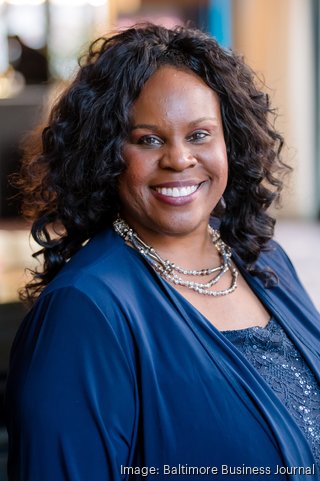
“I’m also going to be working with companies to provide an opportunity to support the podcast, so there is a revenue component as well as a content component,” said Pringle. “I think this publishing hat, working closely with the newsroom and advertising team, makes this a very comfortable role for me.”
Pringle said to some extent, she always had an interest in publishing. This interest was sparked by her affinity for writing.
Initially, she dreamed of being an author. Pringle even received a writing scholarship from her hometown newspaper, the Florida Times-Union, to study advertising and journalism at the University of Florida.
Pringle started her career as a staff writer for the Florida Times-Union but, when a colleague informed her about an open advertising position with the newspaper, she decided to take it.
“I happened to be in an elevator with someone who was from the advertising side, and she mentioned there being an opening. She and I would always ride the elevator together and talk about our days, and she seemed to be having so much more fun,” said Pringle. “My assumptions were incorrect, but back in those days, it seemed like the advertising people didn’t really work that hard to make a lot more money. I thought I’d try it.”
Before coming to the BBJ, Pringle’s most impactful professional experience was serving as a strategic advertising sales manager for The Arizona Republic, a Gannett newspaper in 2010.
“Gannett runs a very tight ship. I had never been at a company that did more training,” said Pringle. “I feel like they helped me to develop substantially as a leader.”
Christine Lorello, advertising account manager for Columbus Business First, worked under Pringle at this time. Lorello was responsible for arts, entertainment and sports accounts.
“It’s a very unique desk. It requires imagination. It requires you to be able to scrutinize budgets and make sure that you’re doing a lot with very little, especially when working with nonprofit arts groups,” said Lorello. “Rhonda was fantastic in that creative space. She taught me how to make sure that you’re getting the best value, extending the best solution to the client and putting guidelines in place.”
Lorello also remembered Pringle instilling friendly competition in the workplace.
“She always had incentives where she wanted everybody to be better and to do their best. She would do games; and every year around the holidays, she would buy gifts out of her own pocket,” said Lorello. “Then, we would earn tickets or points, and we would go shopping in Rhonda’s holiday store.”
After leaving Gannett in 2015, Pringle first joined the business journals’ system in Phoenix as an advertising director. But in 2017, she headed back to the East Coast and became both BBJ’s first woman and African-American publisher.
Coming from Phoenix, Pringle said she was grateful for the city’s diversity. But, she was disappointed to learn that that diversity was not represented in Baltimore’s corporate spaces.
“From a business perspective, I was surprised it wasn’t as diverse in boardrooms and in corporate suites as I expected,” said Pringle. “I’m not sure why I expected it because I know what the landscape of Corporate America is across the country.”
The general lack of diversity in positions of power was a significant challenge for Pringle throughout her career.
“I think one of the biggest challenges—not just for me but for any person of color or woman in this space—is walking into a room where you’re dealing with largely White men and still being able to be authentic and heard,” said Pringle. “There’s always a sense that I have to over-prove myself. I would over-research before going into a meeting and I made sure I was up to date because I felt like I needed to know more about everything than anybody else in the room.”
She said at some point, people have to make the decision to be authentic in spite of the risks.
“You never know if you go into a room who thinks less of you just because of the color of your skin,” said Pringle. “Instead of letting that dictate the way that you engage, you just have to say, ‘I’m going to be me, and I’m going to let the chips fall where they may.’”
